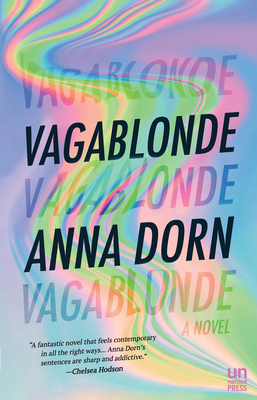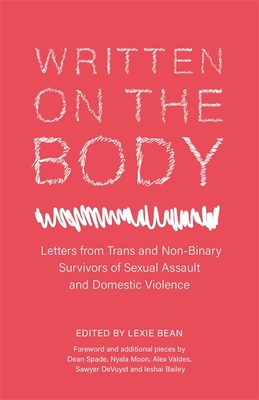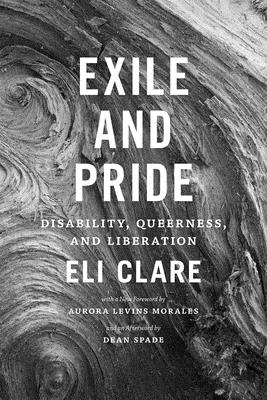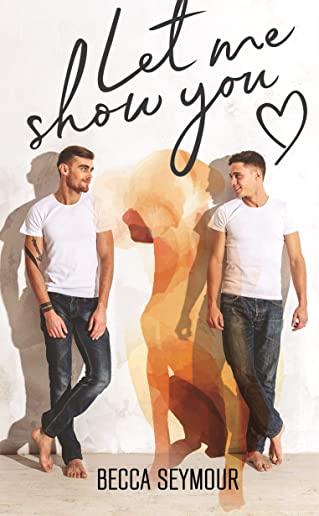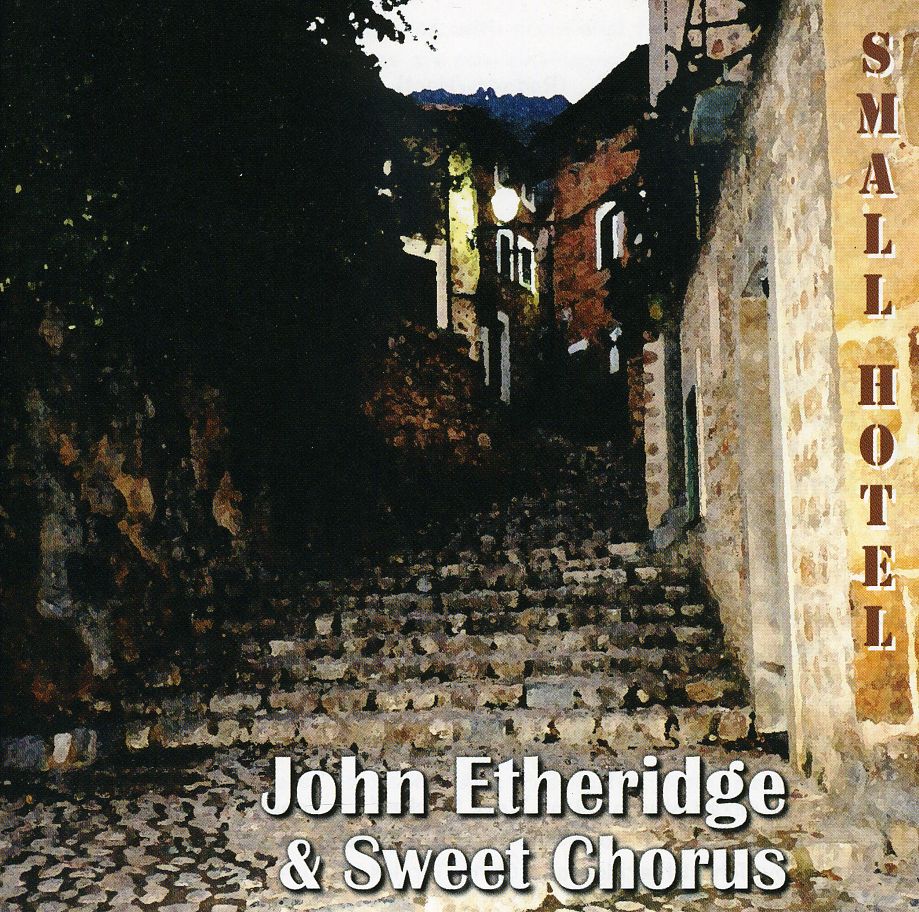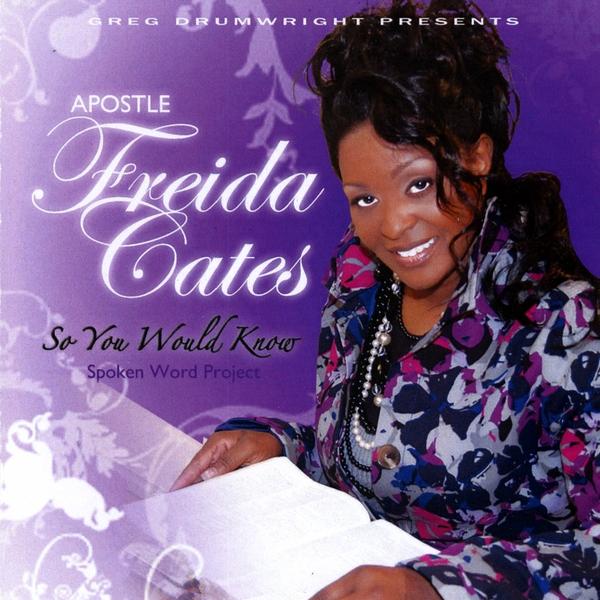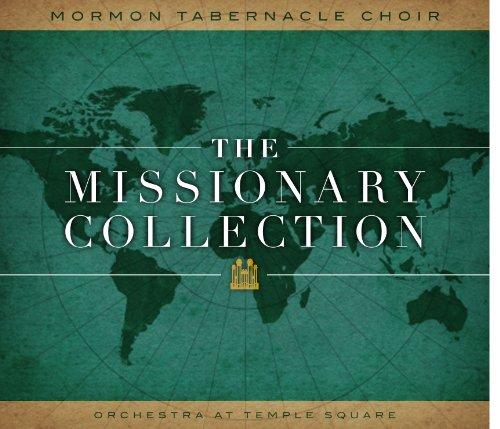
Looby, Christopher
Perhaps it is no coincidence that the nineteenth century--the century when, it has been said, sexuality as such (and various taxonomized sexual identities) were invented--is the period when American short stories were invented, and when they were the queerest.--Christopher Looby, from the Introduction
A man in small-town America wears the clothing of his wife and sisters; satisfied at last that he has a perfect suit of garments appropriate for my sex, he commits suicide, asking only that he be buried dressed as a woman. A country maid has a passionate summer relationship with an heiress, the memory of which sustains her for the next forty years. A girl is carried by a strong wind to a place where she discovers that everything is made of candy, including the queer people, whom she licks and eats. If these are not the kinds of stories we expect to find in nineteenth-century American literature, it is perhaps because we have been looking in the wrong places.
The stories gathered here are written by a diverse assortment of writers--women and men, obscure and famous: Herman Melville, Willa Cather, and Louisa May Alcott, among others. Exploring the vagaries of gender identity, erotic desire, and affectional attachments that do not map easily onto present categories of sex and gender, they celebrate, mourn, and question the different modes of embodiment and forgotten styles of pleasure of nineteenth-century America.
